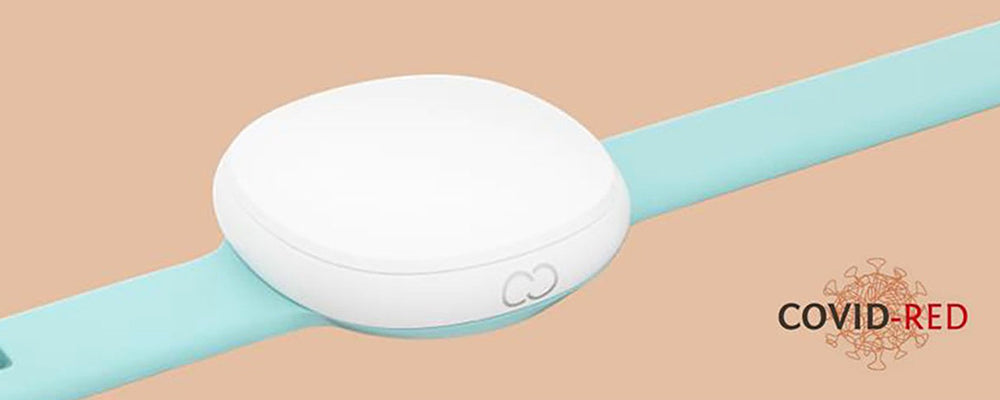Earlier this month, the UMC Utrecht started a study in which a bracelet predicts a possible infection with the coronavirus at an early stage.
Voluntary wearing bracelet
The health study has been given the name COVID-RED and is led by principal investigator Diederick Grobee, professor of clinical epidemiology at the UMC Utrecht. The project is funded by the European Union's Horizon 2020 innovation program. The research team is looking for 20,000 Dutch people who want to wear the special bracelet at night while sleeping for 7 to 9 months. This involves 13,000 test subjects selected from the general population and another 7,000 test subjects who are at a higher risk of contracting COVID-19. For example, due to old age or due to an underlying condition that has caused a weak immune system.
A questionnaire is used to determine whether someone is suitable for the study. For example, only adults in the Netherlands who have not previously been infected with the coronavirus can participate. Participants receive a starter package (materials and instructions), including a welcome letter. Participants receive no compensation and participate on a voluntary basis. However, participation in the study can be stopped prematurely.
Testing body values
The aim of the research is to use an app to detect corona before someone has any symptoms. In order to obtain the correct data, the bracelet must be worn for at least 4 hours in complete rest. That is why the test is performed during sleep. During the night, various body values are continuously monitored by the smart bracelet. Specifically, heart rate variability, resting pulse rate, respiratory rate and body temperature are measured. The combination of these body values can signal an infection. For example, an emerging cough that affects the respiratory rate in combination with an increased body temperature.
When waking up, the night data from the bracelet must be synchronized with the associated COVID-RED app. The participant also answers a number of questions in this special app every morning. Every 2 weeks, a separate questionnaire is sent that will also be completed. If necessary, the research team may request blood samples. An algorithm is ultimately used to determine whether there is a possibility of corona. The app will not determine whether someone is actually infected, but can advise to perform a corona test at the test street or at another test location based on the measurement results.

Ava bracelets
The smart bracelets developed by the Swiss company Ava are used. The Ava bracelet is made of biomaterial and lasts about 12 hours on battery. Charging can be done via the computer or on a charger. The bracelet can be tightened and loosened by means of holes, just like a watch strap. This wearable has been sold worldwide since 2016 and normally costs 270 euros. Originally, it is a women's bracelet that tests fertility. Based on body values and hormone changes, the bracelet can calculate when the woman has the greatest chance of becoming pregnant. The same measuring sensors can now also provide more insight into a possible corona infection.
